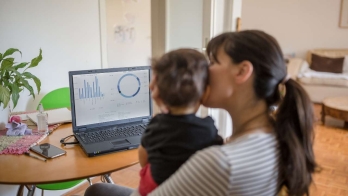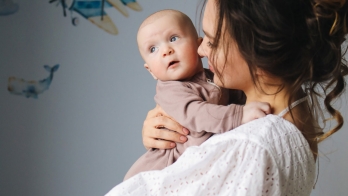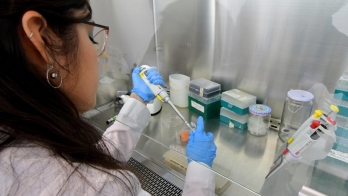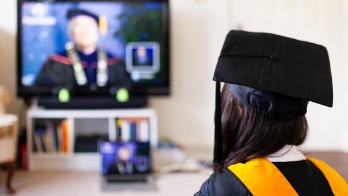REDI Magazine
Talking about paternity, maternity, and scientific production is a sensitive topic. But, as a mother and a doctoral student, I think this conversation is crucial for us to have a brief dimension of how these two important roles in social life - motherhood and fatherhood - strongly impact researchers in very different ways.
The REDI Magazine was developed by the Communication Directory in collaboration with the entire team of the Institute REDI, formed by researchers and specialists in the area. In order to discuss and present activities and initiatives, we gathered papers and articles on the central theme ?The importance of diversity and inclusion in research, education and innovation spaces?, addressed in the third quarter of 2021. . Good reading.
In order to discuss and present activities and initiatives, we gathered papers and articles on the central theme "Maternity, Paternity and the Scientific Production", addressed in the second quarter of 2021.
I am here as a Millennial woman, who doesn?t want to have children, to talk about the stereotype that all women must have children in order to be fulfilled or successful. Let me start by saying that there is absolutely nothing wrong with not wanting to have children, and no one should be stigmatized for wanting a child-free life.
Although women's participation in science over the past 60 years has increased, this growth has been accompanied by widening gender gaps in productivity and no impact on academic careers in science, technology, engineering, and mathematics (STEM).
Our project came to life
Being a female scientist is hard, and this is my statement as a scientist from the Global South in the 21st century
According to the 2019 Brazilian Higher Education Census1, 48.52 thousand of the students that enrolled in higher education that year live with some type of disability.








